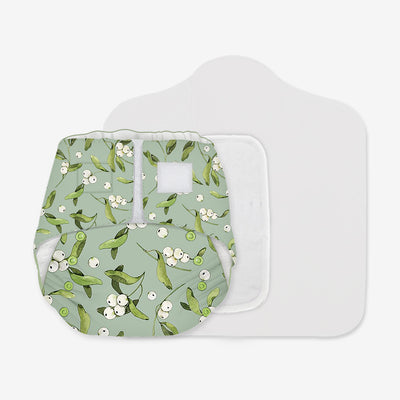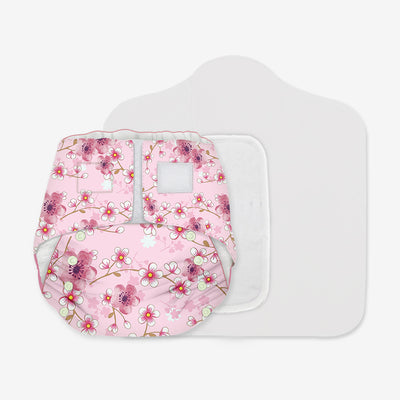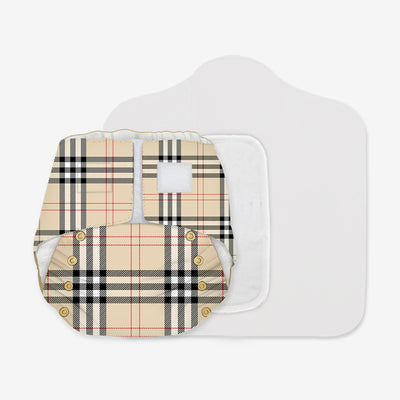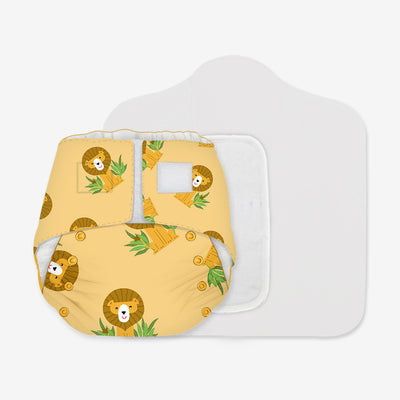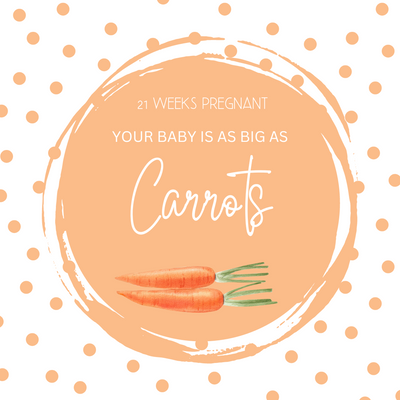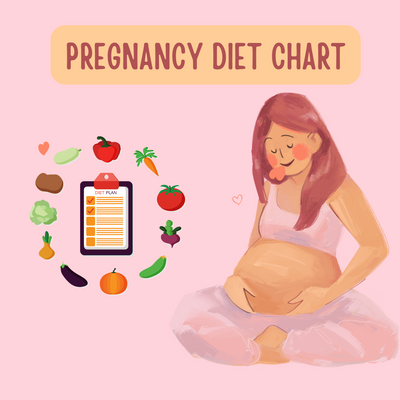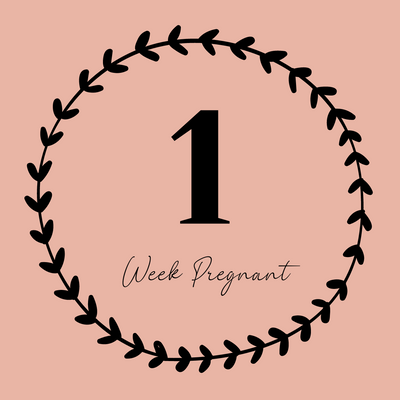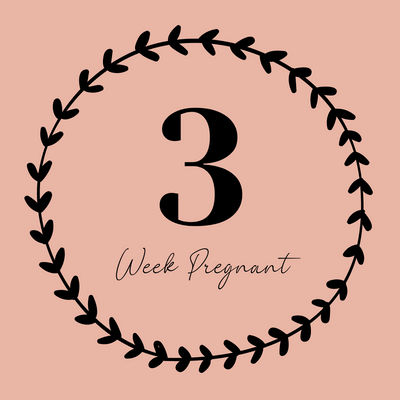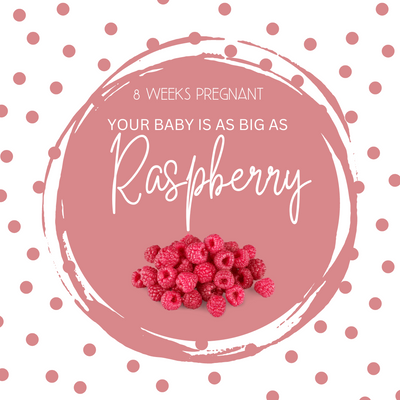39 Weeks Pregnant-final stage of pregnancy

Congratulations! You've reached the final stretch of your pregnancy journey. At 39 weeks pregnant, you're just days away from meeting your little bundle of joy. This stage is filled with anticipation, excitement, and a few challenges along the way. In this blog post, we'll discuss how many months 39 weeks pregnant is, common symptoms you may experience, your baby's development, changes in your belly, what to expect in terms of your body's appearance, and important considerations during this final phase.
How Many Months Is 39 Weeks Pregnant?
By the time you reach 39 weeks, you're officially in your ninth month of pregnancy. It's important to remember that a full-term pregnancy is considered to be between 37 and 42 weeks. While every pregnancy is unique, you're now nearing the end of your journey, and soon your baby will make their grand entrance into the world.
39 Weeks Pregnant: Your Symptoms:
As you approach your due date, you may experience a range of symptoms. These can include:
Braxton Hicks contractions: You may notice more frequent and intense practice contractions. These contractions help prepare your body for labor but are usually not as strong or regular as true labor contractions.
Increased pelvic pressure: As your baby continues to descend into your pelvis, you may feel increased pressure in your pelvic area, making walking and sitting uncomfortable.
Increased backache: Your growing belly puts additional strain on your back, leading to increased backaches.
Difficulty sleeping: Finding a comfortable sleeping position can be challenging, and frequent bathroom trips may disrupt your sleep.
Nesting instinct: You may experience a sudden surge of energy and feel the need to clean and organize your home in preparation for your baby's arrival.
39 Weeks Pregnant: Your Baby's Development:
At 39 weeks, your baby is fully developed and ready to meet you. Here are some key developments happening inside the womb:
Size and weight: On average, your baby weighs around 7 to 8 pounds (3.2 to 3.6 kilograms) and measures approximately 19 to 21 inches (48 to 53 centimeters) long.
Lanugo and vernix: Most of the lanugo (fine hair) and vernix (a protective waxy substance) that covered your baby's skin have shed by now, but some may still be present.
Lung development: The lungs continue to mature, producing surfactant, a substance that helps with breathing outside the womb.
Baby's position: By 39 weeks, most babies will be in the head-down position, ready for delivery. However, some babies may still be in a breech or transverse position, which may require additional monitoring or interventions.
How Does the Belly Change at 39 Weeks Pregnant?
By 39 weeks pregnant, your belly has grown significantly throughout your pregnancy journey. As your baby prepares for birth, your belly may have dropped lower, relieving pressure on your diaphragm but increasing pressure on your pelvis. This may result in more frequent urination and a changed center of gravity, which can affect your posture and gait.
What Can You Expect Your Body to Look Like at 39 Weeks Pregnant?
At this stage, your body is going through remarkable changes in preparation for childbirth. Some common physical changes you may notice include:
Increased size and weight: Your belly is likely at its largest size, and you may have gained a significant amount of weight throughout your pregnancy.
Swollen hands and feet: Fluid retention can cause swelling in your extremities, so it's essential to elevate your feet and avoid standing or sitting for prolonged periods.
Stretch marks: As your belly expands rapidly, you may notice stretch marks on your abdomen, breasts, hips, or thighs. These are normal and tend to fade over time.
Changes in the breasts: Your breasts may feel even larger and more tender as they continue to prepare for breastfeeding.
Varicose veins: Increased pressure on your blood vessels may result in the appearance of varicose veins in your legs.
39 Weeks Pregnant: Things to Consider:
As you near the end of your pregnancy, it's crucial to stay prepared and take certain factors into account:
Monitor your baby's movements: Pay attention to your baby's activity levels. If you notice any concerning changes in your baby's movements, such as a decrease in activity or a lack of movement, it is important to contact your healthcare provider for guidance and reassurance.
Prepare your birth plan: Discuss your birth preferences with your healthcare provider and ensure you have everything you need for labor and delivery.
Stay in touch with your healthcare provider: Attend your regular prenatal check-ups to monitor your health and your baby's well-being.
Stay calm and relax: Engage in activities that help you relax and alleviate stress, such as prenatal yoga, meditation, or spending time with loved ones.
Reaching 39 weeks pregnant is an exciting milestone as you eagerly anticipate the arrival of your little one. As your baby's development nears completion, it's important to be aware of the symptoms you may experience, the changes in your belly, and the considerations for this final stage. Remember to consult with your healthcare provider for any concerns or questions during the 38th week of pregnancy Enjoy the last moments of your pregnancy, and get ready to embark on the incredible journey of motherhood!





